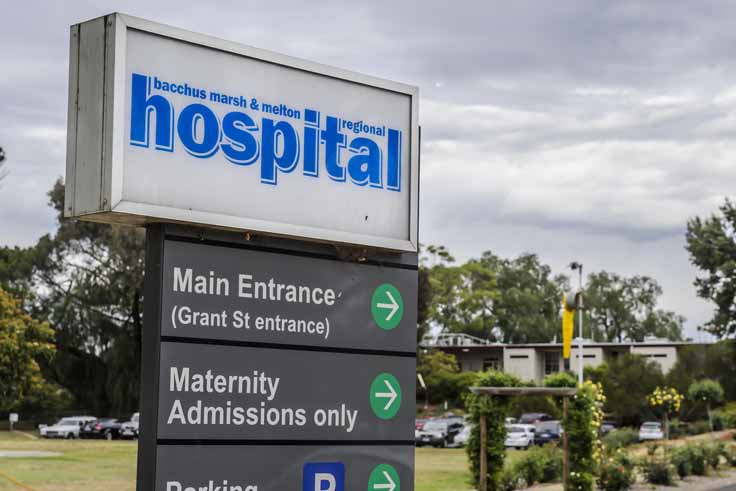The Victorian health department for many years failed to provide “adequate oversight” to the state’s hospitals, with gaping holes that led to quality and safety systems being overlooked, a damning review has found.
Health services expert Stephen Duckett led a review into hospital safety following a cluster of avoidable baby deaths at the Bacchus Marsh and Melton Regional Hospital.
His findings were made public last Friday, and have sparked what the government is calling the “most significant reform” to the state’s health system.
Health Minister Jill Hennessy announced the state government has accepted in-principle all the recommendations made by the review, and would invest a further $13 million to strengthen the quality and safety in Victorian hospitals.
The sweeping reforms include a new health information agency to overhaul the way in which information is shared across the health system, a ministerial board advisory committee to oversee hospital boards, and a Victorian Clinical Council to advise the government. Ms Hennessy said the leadership that was required from the health department to achieve change and prioritise patient safety had not occurred.

“A goal of zero avoidable harm is an ambitious target, but one we have an obligation to do everything we can to achieve,” Ms Hennessy said.
Dr Duckett found while other Australian states had been improving its governance capacity and quality and safety in hospitals, Victoria lagged behind.
The report found while the department doubled its safety and quality staff following the deaths at the Bacchus Marsh and Melton Regional Hospital, it only employed a fraction of the resources used in comparable states.
Djerriwarrh Health Services administrator John Ballard, who oversees the Bacchus Marsh and Melton Regional Hospital, said patients could “rightly have confidence in and be proud of” their public hospital.
“The hospital is accredited, the service has invested in new medical equipment, and skills and training continues to be a priority,” Dr Ballard said.







